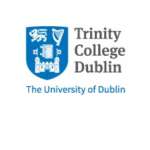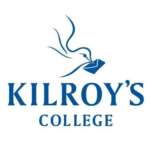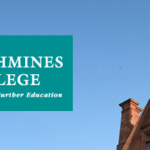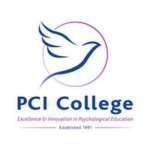Counselling courses teach a form of talk therapy that allows patients to discuss their feelings and problems in an environment where trust and confidentiality are of the utmost importance.
Counsellors are trained to listen to, support and empathise with their patients. Their role is not to offer advice, but to guide patients towards developing their own insights by getting them to communicate in an open and honest way. A trained counsellor can facilitate such truthful exchanges by creating a private, respectful and non-judgemental environment for them to talk in. This is often something that can only be created over a period of time: a counsellor and client may need to meet habitually before the relationship can build the level of trust required for true progress to take place. Counselling courses give an indepth understanding of the theories and practices of counselling and psychotherapy.
It is important for this to occur because of the deeply personal nature of the practice. Clients can suffer from depression, anxiety, addiction, illness, eating disorders or phobias many of which may be linked to or exacerbated by personal circumstances such as bereavement, relationship breakdown, or redundancy.
What do counselling courses involve?
All counsellors will encounter a variety of personality types over the course of their careers. They must therefore have a high degree of sensitivity and adaptability so as to know the best course of treatment for each patient. Though partly an intuitive process, this is also a learned skill requiring years of study and experience.
One way for aspiring therapists and counsellors to discern whether such dedication is tenable for them is to enrol on a part-time Introduction to Counselling course. While foundation counselling courses do not prepare students for direct entry into the profession, they provide a very worthwhile introduction to counselling techniques and listening skills. Course topics will include areas such as counselling theory and counselling with adults, adolescents and children. Introductory Counselling courses are ideal for those involved in caring professions or working with people in an organisational/voluntary setting.
They may also pave the way for further study in the area. Part-time certificate- and diploma-level Counselling and Psychotherapy courses may be more demanding in terms of time and commitment, but they provide participants with an excellent grounding in the major psychological theories and their application to counselling practice. This is especially true of diploma-level counselling courses, which will offer essential training in such areas as Approaches to Counselling (e. g. Gestalt, behavioural, cognitive, etc. ); Working with Groups; and Ethical and Professional Issues. Students may also be given the chance to put their learning into practice through an experiential section.
While obtaining a diploma in Counselling would undoubtedly prove useful to those in a helping or advisory role (i. e. members of self-help groups, volunteers in support organizations, individuals engaged in personnel work and youth and health services), enrolling on a degree course in Counselling is the best option for those with the ambition of becoming dedicated professionals.
Part-time BA courses in Counselling and Psychotherapy are IACP (Irish Counsel for Counselling and Psychotherapy) accredited and help prepare students for counselling practice by offering interactive modules with an emphasis on process group work and supervised clinical participation. As part of their training, students will also examine areas such as the Family System, Approaches to Addiction, and the Stress Response all of which will contribute to their professional development and ability to respond to a client s particular needs. A work placement will augment participants class-based study and allow them to complete the necessary client work.
Why enrol in a counselling course
Not only do part-time counselling courses deal with a fascinating area of study the human psyche and human behaviours they also prepare students for a profession that is challenging, varied, rewarding and necessary. A part-time course in Counselling should be of special appeal to anyone who enjoys helping others to overcome the challenges and problems they face in daily life.
What comes next
Anyone that completes a part-time course in Counselling will come away with a greater degree of behavioural insight and self-awareness, thereby allowing them to approach their work or daily relationships in a more mindful way.
Those with a professional qualification in Counselling are well placed to find related work in a variety of settings including private practice, voluntary agencies, hospitals, community centres, schools and colleges. They may also choose to advance their studies by enrolling on a postgraduate programme.
At a glance
Part-time introductory-level courses in Counselling run for between 8 and 12 weeks. Part-time certificate and diploma courses can last for up to two years (though many are far shorter than this). A BA programme in Counselling and Psychotherapy can run for up to four years (part-time). Those who have time constraints or family commitments may opt to study counselling via distance/online learning.



















